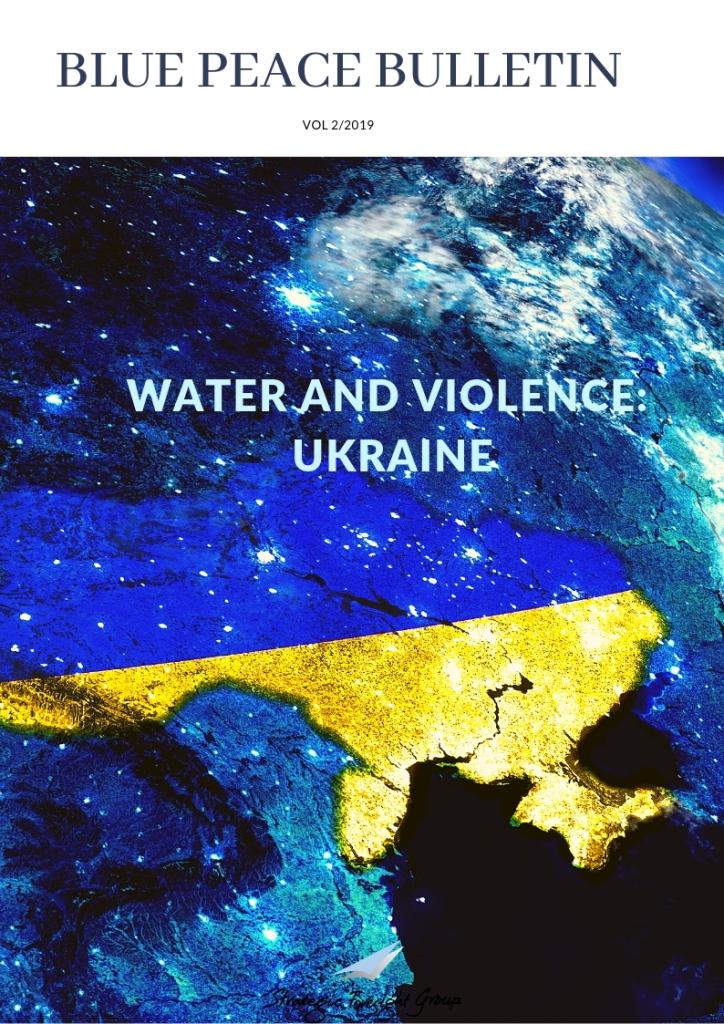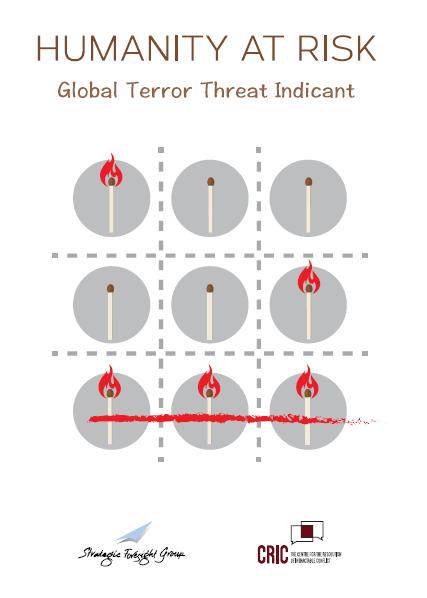Daniel Levitas, Terrorist Next Door �€“ The Militia Movement and the Radical Right
|
|
October 2005
By Devika Mistry
|
Wright�€™s premise starts at the works of Paul Gauguin. A 19th century painter, Gauguin�€™s mural asks three questions that are vital to the understanding of our own environmental dilemmas of today: �€œWhere do we come from? Where are we? Where are we going?�€ For Wright, it is the third question, which intrigues him. �€œWhere are we going?�€ Wright believes that careful reflection on the first two questions can ultimately answer where our species is headed.
In his book, Ronald Wright shows how the twentieth century�€™s runaway growth in terms of human population, over consumption and technology has placed a murderous burden on the planet. When asking where this growth will lead us, whether it can be sustained, and what kind of a future world this world will give us, he answers that our modern predicament is as old as civilization itself, it is a �€œ10,000 year experiment that we have participated in but seldom controlled.�€ He reflects that �€œeach time history repeats itself, the price goes up,�€ hence it is only by understanding the �€œpatterns of progress and disaster�€ that humanity has repeated since the Stone ages, can Man recognize the �€œexperiments inherent dangers�€ and with luck and wisdom, shape its outcome. In an effort to pave the way of the world and warn us of impending disasters, Wright guides his readers through the history of the world since the Ages to present, in a manner that is not only elegantly crafted and conjured but also thorough and expansive in its content.
Wright uses historical examples to show how human beings have constantly found themselves mired in a type of �€œprogress trap.�€ For example, weapons. Wright observes that since the Chinese invented gunpowder, there has been great progress in the making of �€œbangs�€: from the firecracker to the cannon, from the petard to the high explosive shell. Just when high explosives were reaching a state of perfection, �€œprogress�€ found the infinitely bigger �€œbang�€ in the atom. He muses, when the �€œbang�€ we make can blow up our world, we have made rather too much progress.
Within the present setting, culture measures human progress by technology: however, one look at the natural disaster that struck the southern states of the U.S. reveal that all technology did was inspire a false sense of security against calamities, another progress trap. Between 1994 �€“ 2003, more than 2.5 billion people were affected by floods, earthquakes, hurricanes and other natural disasters, a 60% increase over the previous two ten year periods. These numbers exclude the millions displaced and killed by last year�€™s tsunami. By another measure �€“ property damage �€“ in 2004, made it the costliest year for global insurers, who paid more than $40 billion on natural disasters.
Wright argues that progress, as an ideology is merely a myth. Humans see their own progress and advancement in the rapid transition from an industrial economy to information based one, while the reality is that �€“ the food technology of the late Stone Age is the only one we cannot live without. The crops of about a dozen ancient people feed the 6 billion people of the world today. Despite more than two centuries of scientific crop breeding, the so-called green revolution of the 60�€™s and the genetic engineering of the 90�€™s, not one new staple has been added to our repertoire of crops since prehistoric times. However, the invention of agriculture is itself �€œa runaway train�€, as it led to the expansion of populations, but which, seldom solved the food problem because of two inevitable consequences: One, biological, the population grows until it hits the bounds of the food supply. Two, social: all civilizations become hierarchical; the upward concentration of wealth ensures that there can never be enough to go around �€“ another progress trap.
In conclusion, Wright urges all readers alike to take advantage of what we have, that is to use the knowledge we have of past mistakes and to use them to prevent a similar fate. He argues that in our blind pursuit of material progress, we, similar to the Mayan Empire of the 9th century A.D. and the Roman empire of the 4th century A.D. are likely to self-destruct because like these civilizations, we too, are likely to face the collapse of our social and environmental order. Terrorism, violence, war, poverty, malnutrition, natural disasters etc. are all evidences of such in today�€™s world.
Related Publications
Related latest News
Related Conferences Reports
-

P5 Experts Roundtable on Nuclear Risk Reduction
Download:Geneva Roundtable Report
-

Roundtable on Global Security and Catastrophic Risks
Download:Report on RT revise





